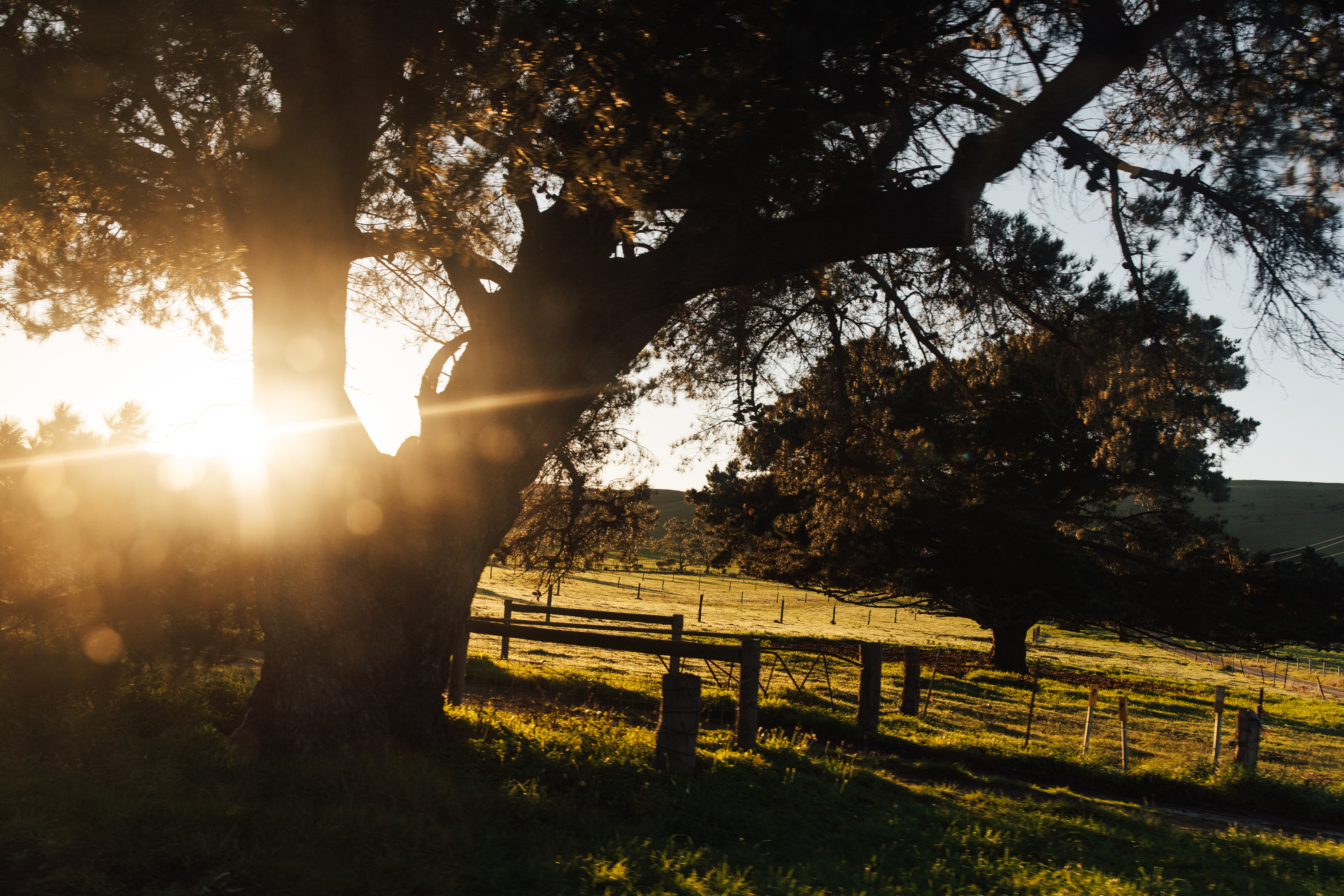
Collaboration urgently needed on NW VIC dingo decision
[as published in the Stock Journal]
As the Victorian Government completes the policy and regulatory settings review for dingo conservation and management across the state, Livestock SA remains concerned about its March 2024 decision to conclude the dingo unprotection order in northwest Victoria with immediate effect. This unexpected and unilateral decision meant that dingoes suddenly became protected in northwest Victoria, on both public and private land.
The decision opened vast areas in South Australia to the risks of wild dogs. The impact zone includes a 250-kilometre shared border and encompasses the communities between the Riverland and Bordertown. The area includes the Ngarkat Conservation Park, where quarterly baiting is required to protect the SA sheep industry. Implications from the 14 March decision are already apparent on our side of the border.
The lack of funding put forward by the Victorian Government to assist producers adopt the non-lethal control measures available to them, such as exclusion fencing and guardian animals, is grossly underdone. For example, just to fence off the 250-kilometre SA impact zone would cost about $5 million, while only $550,000 has been offered to help Victorian producers protect their livestock.
Within South Australia, collaboration between industry and government on enhanced predator management activities to support South Australian producers in regions bordering northwest Victoria has been positive. However, the level of interaction and consultation from the Victorian Government has been disappointing.
Livestock SA has written to Victorian Agriculture Minister, Ros Spence urgently requesting greater collaboration between the Victorian and South Australian governments. In the absence of the Victorian Government reversing its hasty 14 March decision, cross-border collaboration to reduce the negative impacts on South Australian producers and our communities is critical.
Looking more broadly at this course of events, it is increasingly concerning how dismissive some policy and regulatory decision making from governments of today are when it comes to impacts on agriculture. In these instances, consideration of the impacts on food and fibre production appears to be non-existent or an afterthought.
Anyone with an eye on the global geopolitical environment would appreciate that the conditions under which Australia has prospered in the past are rapidly changing, and the demand for food, particularly safe and high-quality food, is increasing while the world’s ability to produce it is decreasing. That uniquely positions our sparsely populated country to capitalise on this opportunity, particularly where animal protein and sustainable fibre are concerned. Governments will be serving the strategic interests of taxpayers if they apply a global reality lens on some policies and regulations that are being hastily implemented.
